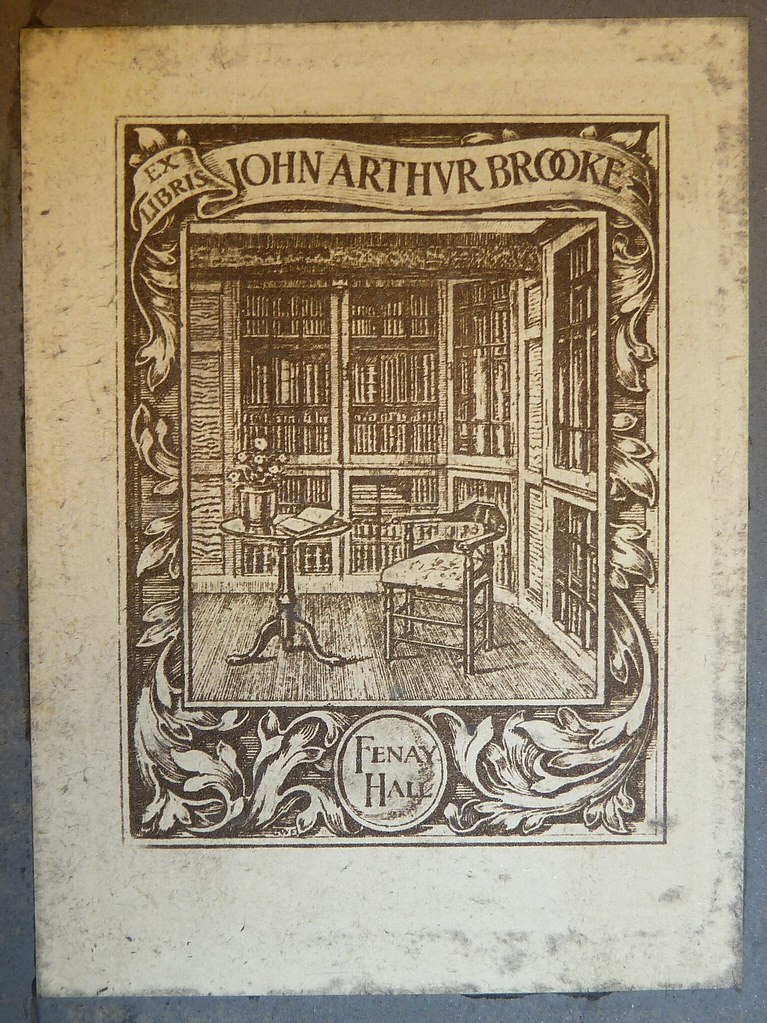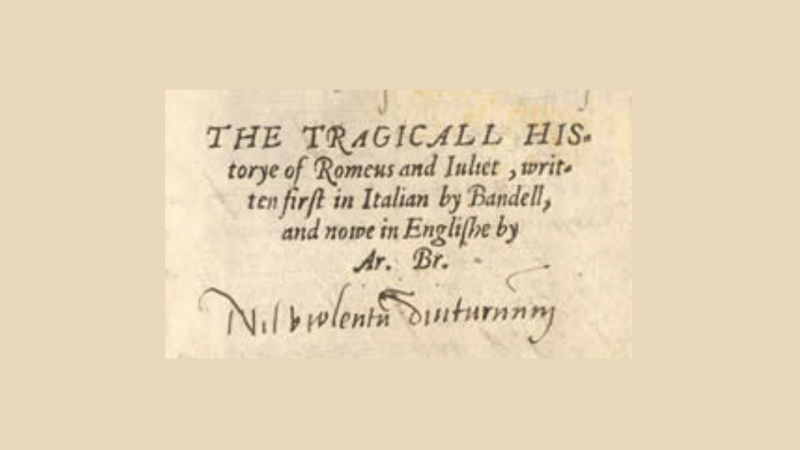The story of Romeo and Juliet is based on an Arthur Brooke poem.
Shakespeare's ageless classic Romeo and Juliet draws its inspiration from the writings of Arthur Brooke, who lived in the sixteenth century. Brooke wrote "The Tragicall Historye of Romeus and Juliet" in 1562, laying the groundwork for the legendary tale of star-crossed lovers.
Shakespeare, renowned for taking ideas from his peers, accepted the practice of appropriating concepts from his time. A valuable source was Brooke's poem, which set the scene in Verona, Italy, and skillfully narrated the story of the deadly rivalry between the wealthy Montague and Capulet families.
According to the British Library, Brooke's work depicts the 'deadly' enmity between these noble houses, producing a canvas of 'blacke hate.' The 'unhappy' tale of Romeus Montague, a beautiful young man seduced by Juliet Capulet's attractiveness and knowledge, is revealed by Brooke in this setting.
The timeless narrative of Romeo and Juliet carries over the echoes of Brooke's lyrical tragedy, much as Shakespeare altered and borrowed these aspects to create his own version of the story.












